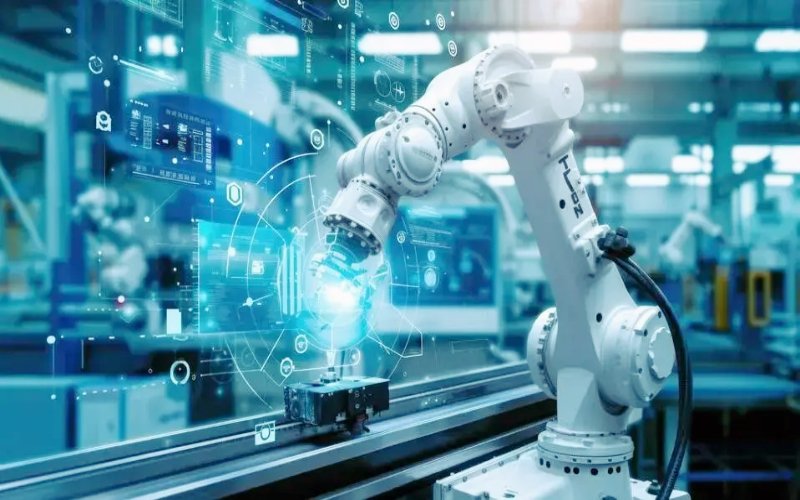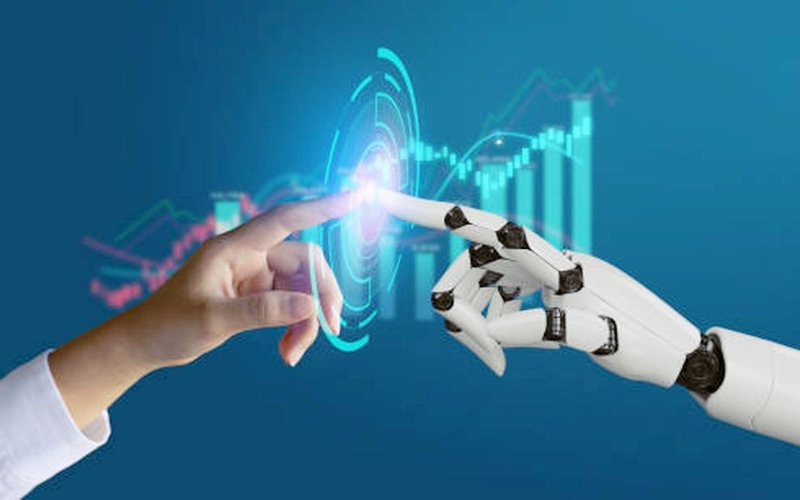In today’s fast-paced world, businesses face constant pressure to optimize talent management practices. Traditional methods of managing the workforce no longer suffice in an era dominated by data and automation. Enter AI-Powered Talent Management, a revolutionary approach that leverages artificial intelligence to enhance hiring, employee engagement, and retention processes.
This article explores how AI is reshaping talent management, its key benefits, practical applications, and challenges, while providing actionable insights for businesses looking to adopt these solutions.
What Is AI-Powered Talent Management?
Defining the Concept
AI-Powered Talent Management refers to the integration of artificial intelligence into various stages of the employee lifecycle, from recruitment to performance evaluation and beyond. By automating repetitive tasks and offering data-driven insights, AI enables organizations to make better decisions and personalize employee experiences.
Why Does It Matter?
In an increasingly competitive job market, identifying and retaining top talent is more challenging than ever. AI tools not only streamline processes but also uncover patterns and trends that human managers might overlook. This can result in a more engaged, productive, and satisfied workforce.
Key Benefits of AI in Talent Management
Enhanced Recruitment Processes
One of the most significant applications of AI-Powered Talent Management is in recruitment. AI algorithms analyze resumes, match candidates to job descriptions, and even conduct preliminary screenings through chatbots. This saves time and ensures that the best-suited candidates are shortlisted.
Furthermore, AI minimizes bias by focusing on skills, qualifications, and experience rather than subjective factors. This creates a fairer and more inclusive hiring process.
Personalized Employee Development
AI tools can identify skill gaps and recommend tailored training programs for employees. By understanding individual strengths and weaknesses, organizations can provide personalized development opportunities, ensuring that employees grow alongside the company.
For instance, AI-powered learning platforms suggest courses based on an employee’s role, career aspirations, and past performance, fostering continuous professional growth.
Improved Retention Rates
Employee turnover is costly and disruptive. AI-powered systems predict which employees are at risk of leaving by analyzing factors like engagement levels, feedback, and performance trends. Armed with this information, HR teams can take proactive steps to address concerns and retain valuable team members.
Practical Applications of AI-Powered Talent Management
AI in Recruitment and Onboarding
AI tools streamline recruitment by automating resume screening, identifying top candidates, and even conducting preliminary interviews through conversational bots. Once a candidate is hired, AI platforms can simplify onboarding by providing personalized guides and resources to new employees.
Performance Management and Feedback
AI-driven analytics allow managers to monitor employee performance in real time. With tools that provide instant feedback and highlight areas for improvement, employees can stay on track with their goals. Additionally, AI-based platforms facilitate 360-degree feedback by gathering insights from multiple sources.
Challenges in Implementing AI-Powered Talent Management
Ethical Concerns
While AI reduces human bias, it isn’t entirely free from bias. Algorithms are only as good as the data they are trained on. If the data is flawed or biased, the AI system can perpetuate these issues, leading to unintended consequences in talent management.
To address this, companies must carefully vet their AI tools and ensure that data is representative and free from bias.
Resistance to Change
Introducing AI-Powered Talent Management requires a shift in mindset, which can lead to resistance from both employees and management. To overcome this, businesses must focus on clear communication, training, and demonstrating the tangible benefits of AI systems.
Future Trends in AI-Powered Talent Management
The Role of Predictive Analytics
Predictive analytics is set to play a significant role in the future of AI-Powered Talent Management. By analyzing historical data, AI tools can forecast workforce trends, such as upcoming skill shortages or employee disengagement, allowing organizations to take proactive measures.
AI-Driven Employee Well-Being
Beyond productivity, AI can also monitor employee well-being by analyzing factors like workload, stress levels, and even mood through sentiment analysis tools. This enables HR teams to create a healthier and more balanced work environment.
Actionable Steps for Adopting AI-Powered Talent Management
Assess Your Needs:
Identify the areas where AI can make the most significant impact, whether it’s recruitment, training, or performance management.
Choose the Right Tools:
Invest in reputable AI platforms tailored to your organization’s needs. Look for tools that prioritize transparency and ethical AI use.
Train Your Team:
Ensure that HR professionals and managers are well-versed in using AI tools effectively. This minimizes resistance and maximizes the benefits of the technology.
Monitor and Adapt:
Continuously evaluate the performance of AI systems and make adjustments as needed to align with your organizational goals.
Conclusion: Embracing the Future of Talent Management
AI-powered solutions are reshaping how organizations manage their workforce, making processes more efficient, fair, and data-driven. From recruitment to retention, AI-Powered Talent Management offers a wealth of opportunities for companies to stay competitive in a dynamic job market.
However, to fully realize the potential of this technology, businesses must approach its implementation thoughtfully, addressing ethical concerns and fostering a culture of acceptance. By embracing AI responsibly, organizations can unlock a new era of talent management that benefits both employers and employees alike.
Also visit on techitl.com.




